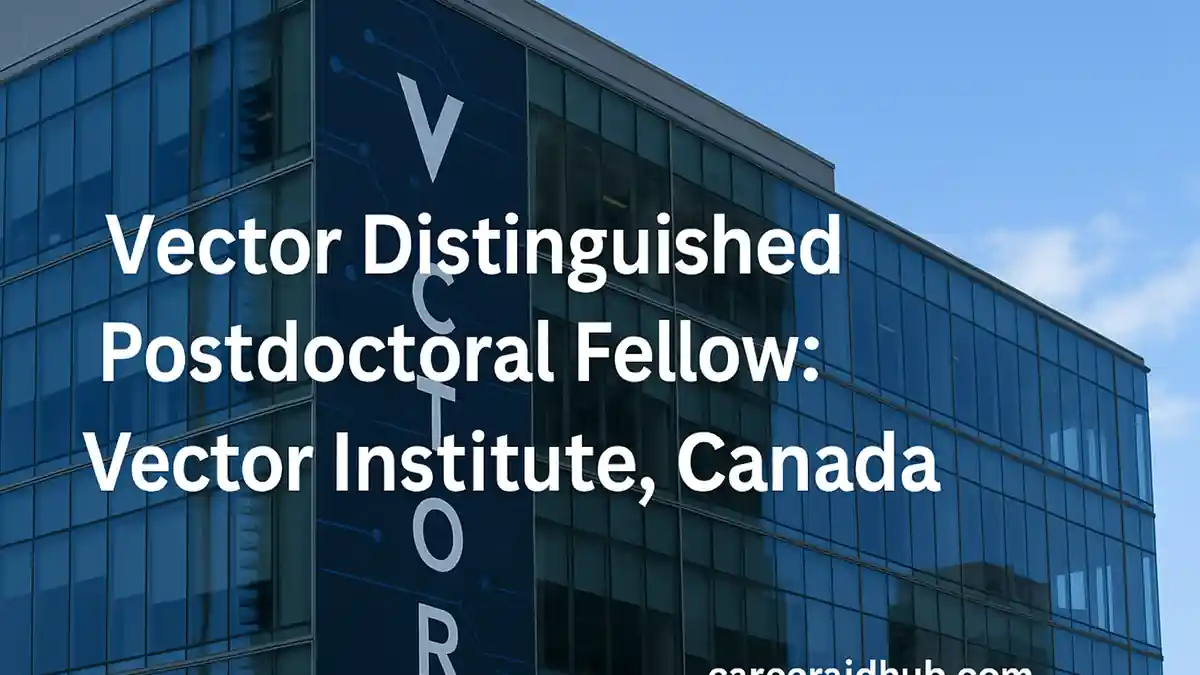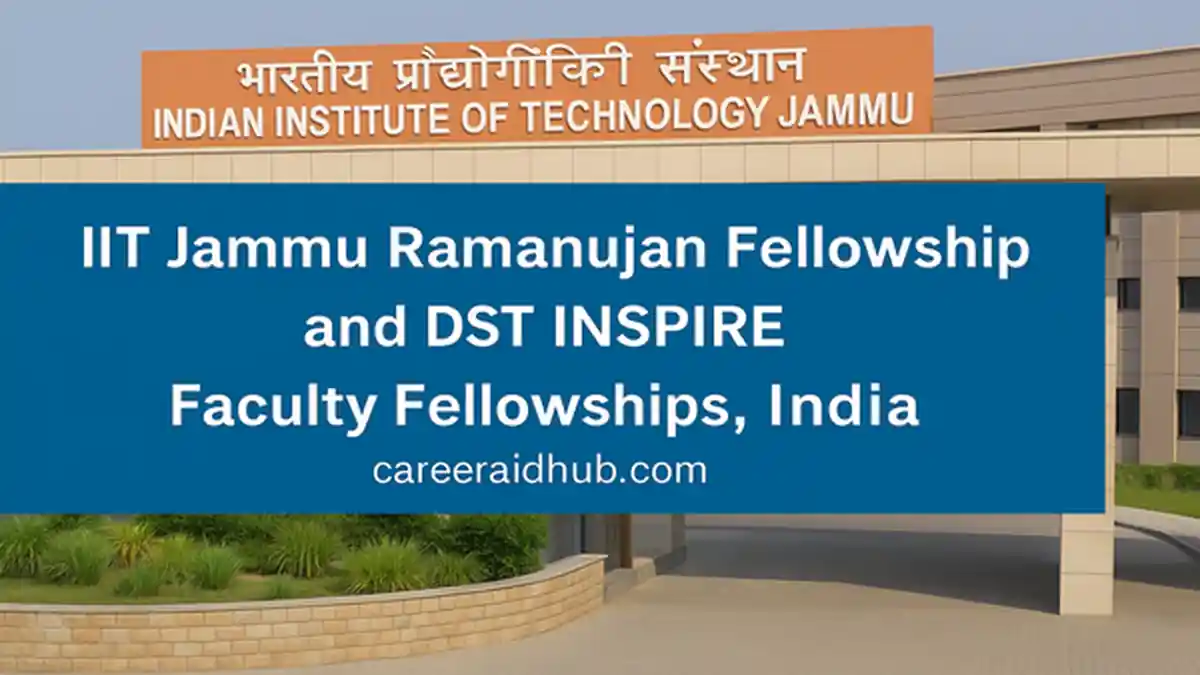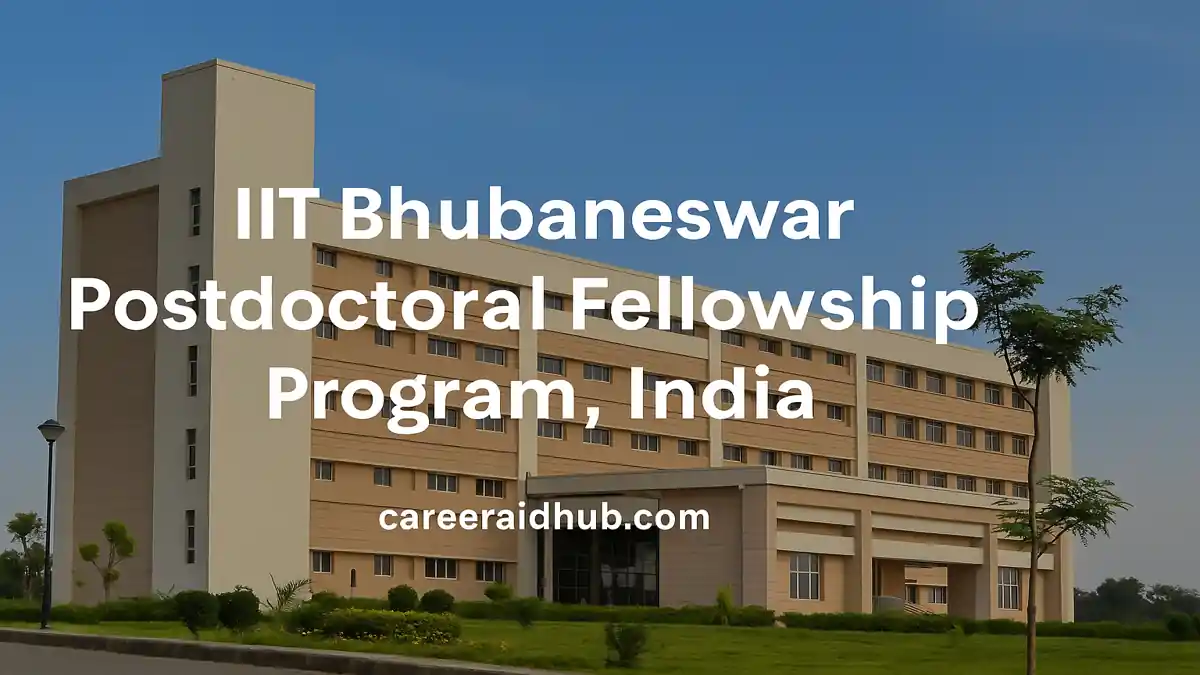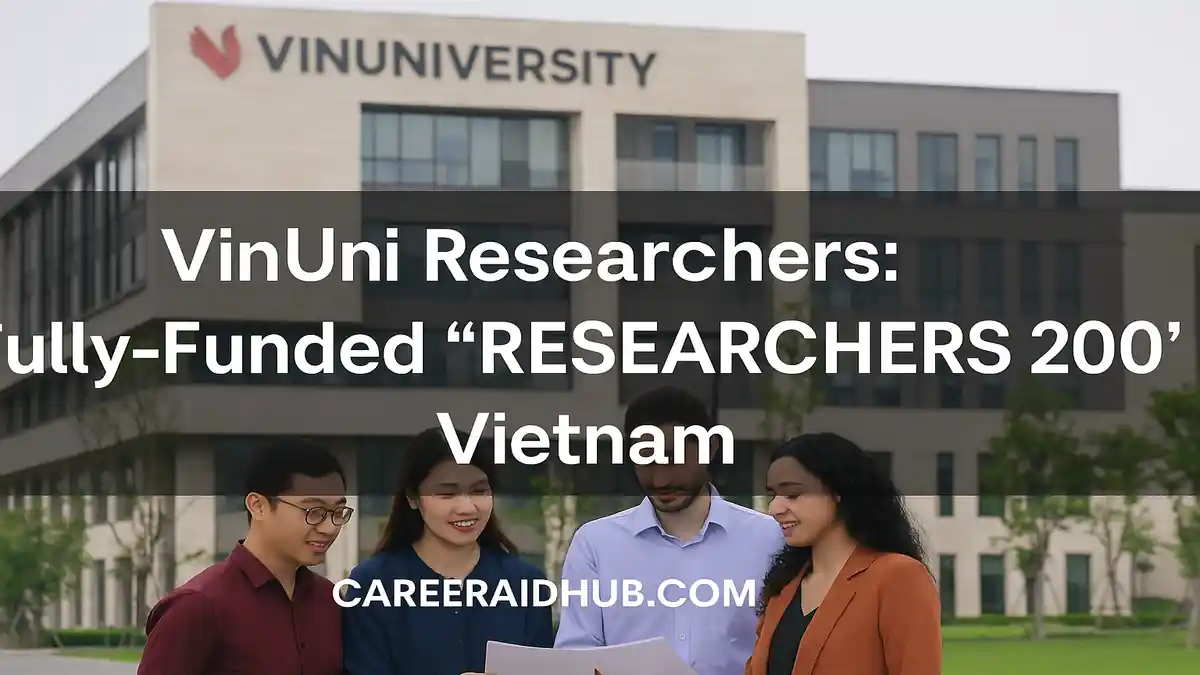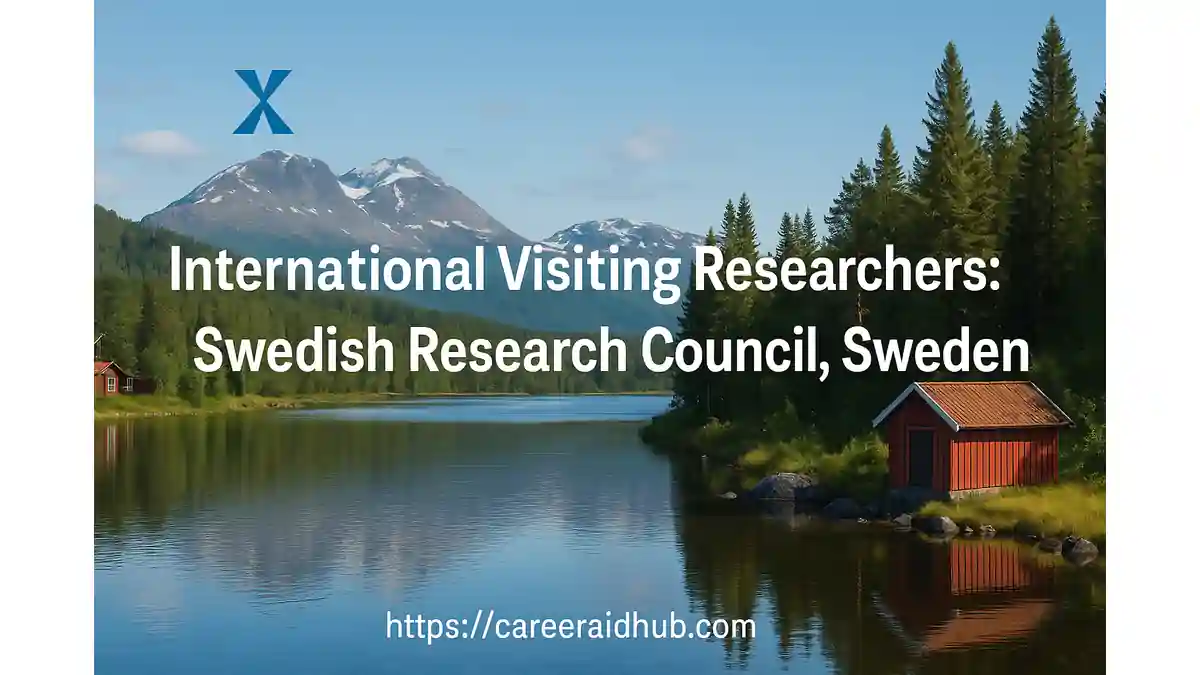Introduction
Internationally recognized researchers seeking to expand their global impact and establish long-lasting collaborations in Europe have a rare opportunity through the Einstein Visiting Fellow (EVF) program. This high-impact initiative by the Einstein Foundation Berlin enables scholars to create and lead research initiatives at premier institutions in Berlin while maintaining their primary affiliation abroad. By fostering enduring collaborations and knowledge exchange, the EVF strengthens Berlin’s academic landscape and global research integration.
The Einstein Visiting Fellow Program invites leading international scholars to establish long-term research collaborations with top Berlin institutions. Supported by the Einstein Foundation Berlin, the fellowship offers funding, academic access, and global visibility to build sustainable research projects in Germany’s capital.
Program Overview
Purpose and Vision
The Einstein Visiting Fellow program is designed to promote international research collaboration by integrating global scholars into Berlin’s top academic networks. Rather than offering short-term visits, the EVF provides a platform for sustained engagement, supporting fellows in establishing research teams and collaborating over several years.
Strategic Importance
By attracting top minds from institutions across the globe, the fellowship helps Berlin-based universities and research centers form strong, long-term international alliances. Fellows not only contribute to the research output of the host but also mentor local talent and help drive institutional development.
Key Features of the Fellowship
Funding Structure
Depending on the scope of
-
- Hiring academic staff or research assistants
- Equipment, lab space, and infrastructure
- Travel and accommodation
- Fellow’s honorarium or allowance
- Conferences, publications, and dissemination activities
Fellowship Duration and Visits
The standard duration is 3 to 4 years, with the possibility of extension to 5 or 6 years. Fellows are expected to:
-
- Spend multiple short visits annually, or
- Commit to at least 5 months of residency per year in Berlin
This flexible structure allows fellows to maintain responsibilities at their home institutions while actively contributing to research in Berlin.
Eligibility Criteria
✅ Eligibility Requirements for the Einstein Visiting Fellow Program
The Einstein Visiting Fellow (EVF) Program offers internationally distinguished academics the opportunity to lead collaborative research initiatives in Berlin. Below are the core eligibility conditions applicants must meet:
1. Academic Qualifications
-
- Applicants should be globally recognized experts with a demonstrated record of excellence in their field.
- They must show evidence of outstanding scholarly work, including impactful publications and researchleadership.
- Candidates are expected to hold a senior academic role—such as a tenured professorship or an equivalent position—at an institution outside of Germany.
2. Home Institution Affiliation
-
- Applicants must be currently employed by a non-German academic or research institution.
-
German nationals may also apply if they have been continuously working abroad for a minimum of five years at the time of submission.
3. Involvement in Berlin
-
- Fellows are required to travel to Berlin regularly throughout the funding term, or alternatively, stay for at least five months each year.
- Active engagement in the academic environment of the host institution is expected. This includes participation in collaborative projects, student mentoring, and other scholarly interactions.
4. Berlin-Based Host Requirement
- The application must be initiated and submitted by an eligible institution in Berlin. Suitable hosts include:
- Clusters of Excellence
- Einstein Centers
- DFG Collaborative Research Centers (CRCs)
- Accredited universities in Berlin such as Freie Universität, Humboldt Universität, and Technische Universität
- Charité – Universitätsmedizin Berlin
- The host organization must provide infrastructure, integrate the fellow into its ongoing academic activities, and demonstrate long-term commitment to the partnership.
5. Eligible Fields of Research
- The program welcomes applications from all areasof study, including STEM, medical sciences, social sciences, and the humanities.
- Proposals that are interdisciplinary, innovative, or have global research relevance are particularly encouraged.
Let me know if you’d like this version exported in HTML format or styled for Gutenberg/Elementor blocks.
Role of the Host Institution
Submission Protocol
Applications must be submitted by a Berlin-based host institution. Fellows are not allowed to submit independently. The host may be:
-
- A Cluster of Excellence
- An Einstein Center
- A Collaborative Research Center (CRC) funded by the DFG
- Public universities or Charité – Universitätsmedizin Berlin
Institutional Responsibilities
The host is responsible for:
-
- Providing research infrastructure and integration
- Collaborating on the joint proposal
- Offering administrative and academic support
- Ensuring alignment with ongoing research priorities
Fields of Research
The fellowship is open to all disciplines, with an emphasis on strategic alignment with Berlin’s key research areas. Recent fellows have led projects in:
-
- Artificial Intelligence
- Public Health and Epidemiology
- Renewable Energy and Climate Change
- Neuroscience and Brain Studies
- Political Philosophy and Global Justice
- Materials Science and Quantum Computing
Interdisciplinary and high-impact themes are especially encouraged.




